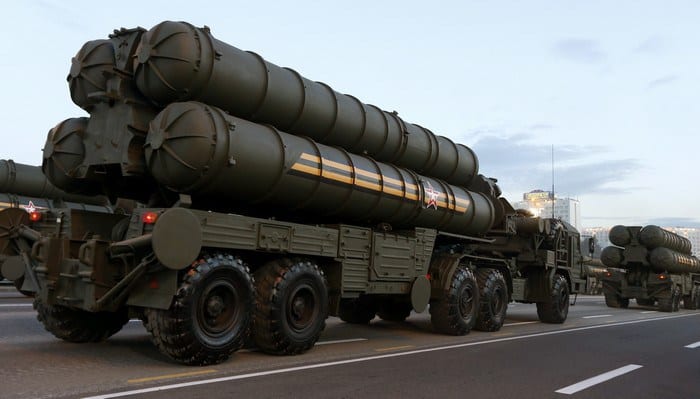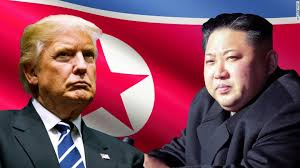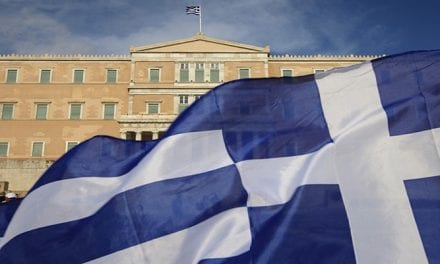By Ahval
Analysts cannot rule out another currency crisis if the tensions between Ankara and Washington over Turkey’s purchase of Russian S-400 missile systems continue to escalate, said Nora Neuteboom, an economist at the Dutch bank ABN Amro, on Wednesday.
On Wednesday, Turkish Finance Minister Berat Albayrak announced a long-awaited economic reform package that the Turkish government had promised to deliver following local elections on March 31.
The economic plan was designed to alleviate the concerns of foreign investors and help Turkey to overcome the ongoing recession, and Neuteboom called it a good start that focuses primarily on short-term support to the banking sector, but also includes required reforms for the agricultural sector.
“The plan also included a credit impulse for export sectors, but we were hoping to see a more comprehensive plan on how to increase the value-added in these export sectors,” the economist said.
“Moreover, the reform packages presented today falls short on some of the most needed structural reforms, such as administrative reforms to reduce red tape and bureaucracy, measures that target the rigid labor market and educational reforms,” she said.
Neuteboom said she expected the pressure on the Turkish central bank would ease and monetary policy to return to normal since elections have passed.
An unexpected decrease in Turkey’s foreign exchange reserves led to a more than 5 percent slump of the lira two weeks before the election. The Turkish authorities intervened by suspending the one-week repo auctions for an unspecified period and pressured the local banks to not provide liquidity to foreign investors, which caused a surge in the overnight swap rate to a peak of 1350 percent.
According to Neuteboom, these measures diminished both the consistency and transparency of monetary policy in Turkey, and damaged confidence in the Turkish central bank’s policies.
Geopolitical issues may trigger another shock in the markets, Neuteboom said, referring to the Turkish authorities’ frequent statements reiterating Ankara’s determination to go through with the S-400 purchase, despite the objections of its NATO allies.
Several U.S. senators wrote an article in the New York Times on Tuesday, asking for sanctions to be imposed on Ankara should Turkey decide to proceed with the S-400 purchase, and two senators have introduced a bill demanding the release of imprisoned U.S. citizens in Turkey.
“Geopolitical issues such as these are difficult to price in for financial markets as much is dependent on the willingness of certain political figures to change position,” Neuteboom said. “At this moment, the purchase of the S-400 is hanging above the Turkish market as a dark cloud and if things further escalate we cannot rule out another currency crisis.”



















